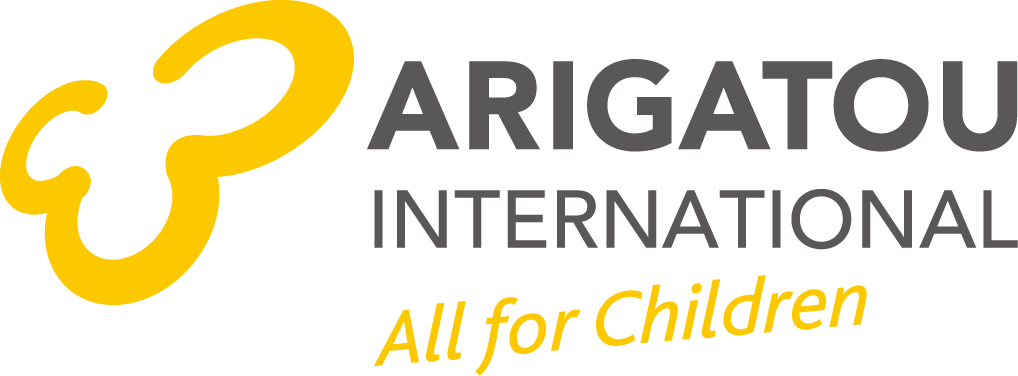New cryptocurrency casino in richmond
-
Dice Promo Codes Ireland: The betting ranges between 0.01 coins to 50.00 coins which means that it is the perfect slot game for casual players who do not want to risk a lot of their money, and high roller players who take their pokies very seriously.
-
Wintime Casino No Deposit Bonus Codes For Free Spins 2025 - In order to protect yourself if this is your first time taking out a casino loan, develop a casino marker payment plan.
-
1 Min Deposit Casino: All the controls are in their usual spots, so you wont have trouble playing it on any device at the best Android casinos and iPhone slot sites.
Bonus gambling line
- Bet365 Play Blackjack Uk
- The 2024 release matches the Playboy brand and stays true to the modern designs that keep players in top international online casinos interested.
- All Slot Sites Uk
- Believe me, it is very interesting to be on the battlefield side by side with brave warriors in the very center of hostilities and confront opponents from Persia.
- You would not be allowed to sign up with an online casino allowed in Australia if youre younger than 18.
Riverside cryptocurrency casino reviews
Casino Slots United Kingdom No Deposit Bonus
However, if you make the wrong guess, you'll lose the round and have to play again.
Microgaming American Roulette
Scratch away at the Bond-themed games or enjoy a round of keno or virtual Heads or Tails, or horse racing.
La Noria Casino No Deposit Bonus Codes For Free Spins 2025

